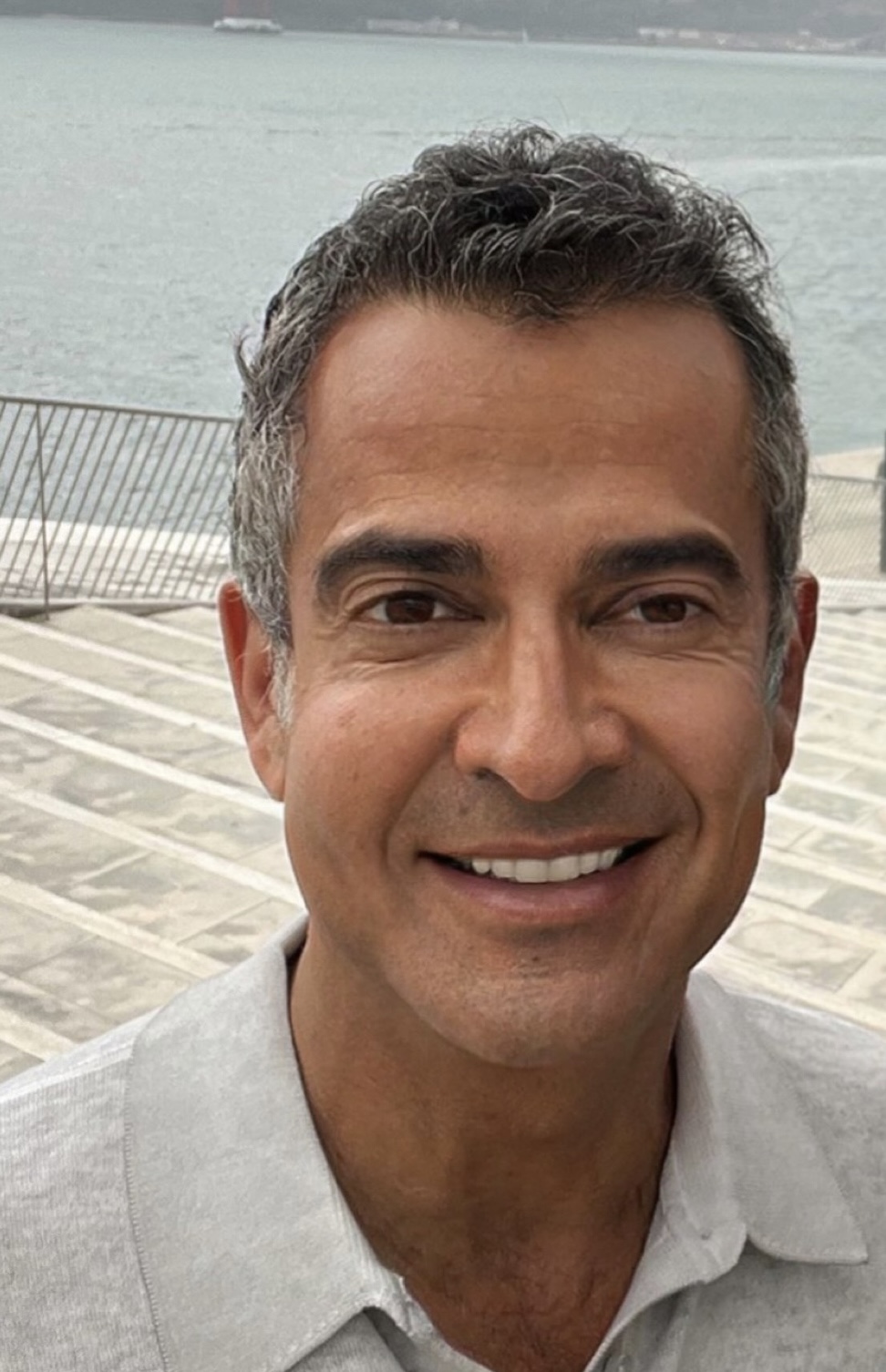As many of us begin to re-engage with the world and tentatively plan for the lives we hope to lead, we may be questioning who we’ve become and who we want to be. Am I the extrovert social creature I thought I was before 2020, or the introvert hermit I’ve become since then? Do I need more time to get ready for networking and exploration, or am I bursting to start meeting new goals?
These are significant questions, and after months of semi-isolation, it is important to acknowledge our identity is not fixed. When it comes to life choices that will affect our future, we really need to be in conversation with the most creative, decisive, and future-focused part of us, our intentional self.
Cocooning or High Energy
Frederic Hudson, author of The Adult Years and founder of the Hudson Institute outlined the four stages we move through, often several times, in adulthood. First, is what he calls ‘Getting Ready,’ an open-ended period of networking and exploration. Next, is a period of ‘Achievement,’ a high-energy time, with a goal-oriented focus. Then, we ‘plateau.’ This is followed by what he refers to as ‘The Doldrums,’ which is a reactive, often negative, and grief-filled time. The doldrums are often followed by a decisive moment when we transition or make a leap of faith. Finally, there is a period of ‘Cocooning’ when driven by our values we reflect and awaken, before ‘Getting Ready’ again. COVID, of course, has interrupted our cycle, prolonging where we were at or catapulting us into states we were not ready for.
Hudson believed that each time we relinquish one stage of life a new level of development and individuation emerges for us. His cyclical view portrays life as what he calls “a complex, pluralistic flow in nature, societies, and people.”
A Multiplicity Of Selves
Not only do we all move through this cycle, at any given moment we are each a multiplicity of selves. Neuroscientist Antonio Damasio talks about three states of self: the experiential self, immersed in the felt experience of being; The narrator self, who tries to make sense of what is going on; and the public self who projects and interacts with how you believe other people actually see you.
Your Painbody
To this multiplicity of self-states, there is what the philosopher Eckhart Tolle calls our painbody. This “dark shadow cast by the ego” is the residue of every painful experience you have lived through, including of course the pain you suffered as a child. When you experience negative and self-destructive thoughts and feelings, irritation, impatience, hurt, anger, rage, depression, or a need for more ‘drama,’ it’s important not to let your painbody define you. It is part of you, but it is not you. Try giving your painbody a nickname. Perhaps reclaim a nickname you were given as a child or a name that reminds you of a moment now so ridiculous it brings a smile to your face.
Your Saboteur
Then, there is your saboteur, the voice in your head that says “It won’t work,” “Don’t even try it,” “You’ll look ridiculous.” Your saboteur is so focused on steering you away from failure, rejection, or pain that it invariably stops you from taking the kind of risks that are necessary for growth, connection, and success. This critical, doubting, fearful voice has been growing slowly, since your earliest childhood when perhaps an adult said you were stupid, lazy, or useless. I call my saboteur Roger after the 4’3″ fictional extraterrestrial in the animated sitcom American Dad!
Think of all these voices in your head as advisors who you didn’t pick. They’ve been around a long time and they’re each quite powerful. They’re almost impossible to remove, so it makes sense to patiently let each of them have their say. But whatever you do, don’t put any of them in charge of Team Me. If you do, it will not end well. Your pain body and your saboteur especially operate out of the past. They do not like change. They are not a stand for your possibility.
The Right Leader For ‘Team Me’
When it comes to making life-changing choices, you require someone brave, creative, determined, and future-focused. Let’s call this visionary, intentional self your leader.
Only your leader will come up with questions such as “How do I want to spend my time?” “What could I do more of if I said no to things that don’t matter?” And crucially, only your intentional leader will generate answers based not on the pain of the past or how ‘good’ you look to others, but based entirely on the possibility of you living a life you love. It takes a certain lack of attachment from ego and from outcomes in order to ask and answer them.
What makes me feel whole?
What matters most?
What brings me joy?
How do I want to spend my time? Who do I want in my life?
Your Future Self
Another useful way to get in touch with your intentional self is to meet the kinder, wiser version of yourself who is waiting for you twenty years in the future. When you have fifteen minutes to yourself, I have recorded a guided visualization to help you meet your future self Your message from yourself in twenty years will likely include “Life is short. It ends up how it ends up. Don’t sweat the small stuff, and please try not to take yourself so seriously.” A word of advice: If you are at an age or place where you do not feel, realistically, that you will be alive twenty years from now, but still want to access a wisdom that eludes you, try imagining speaking to yourself from beyond the grave. What advice would your departed self offer you right now?


